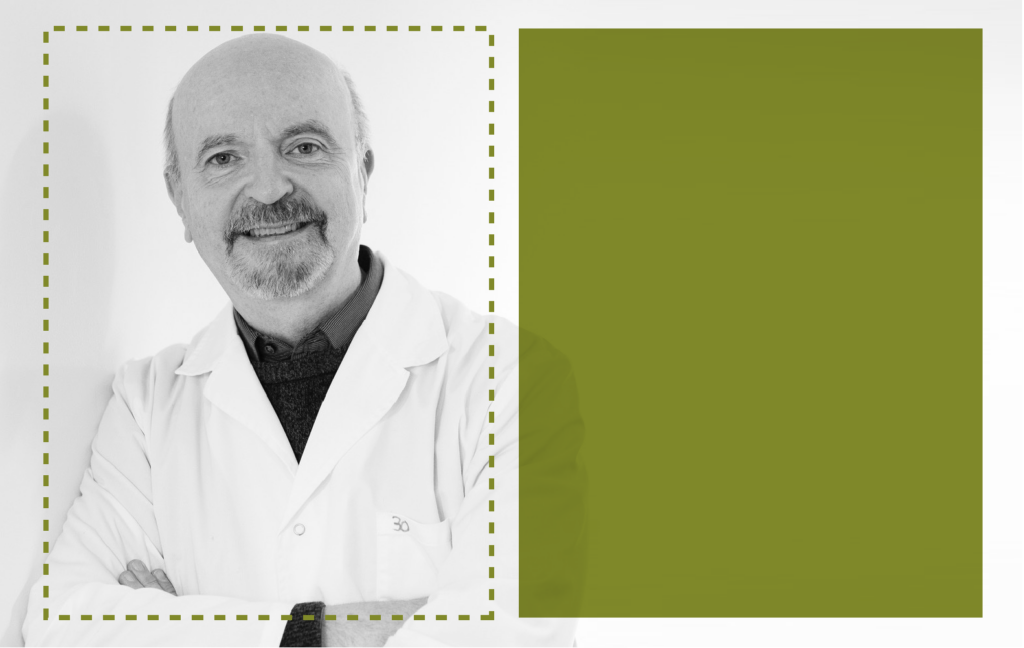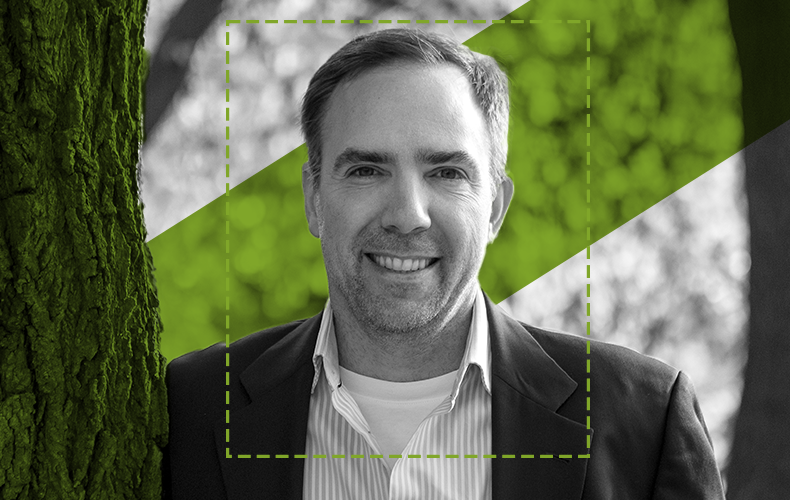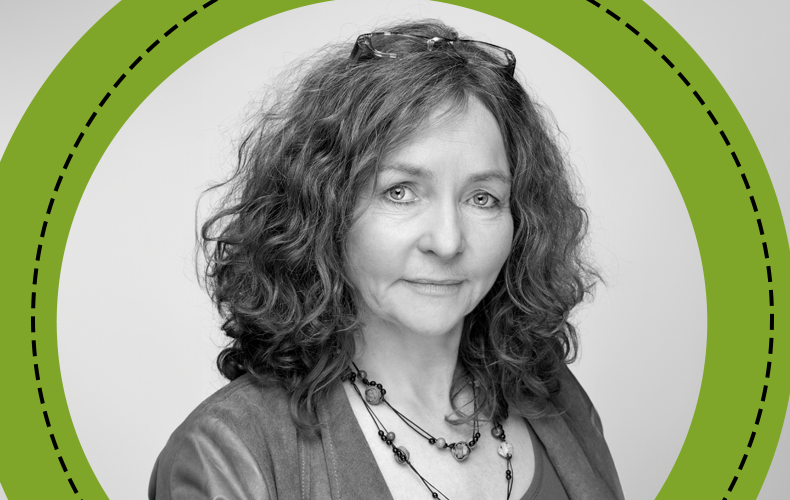9 March 2023
Tell us about your journey from chemistry to microbiology to synthetic biology.
When I was a child, I dreamt of being a scientist: in my parents’ vacation house, we had a little garage with some chemicals, and I enjoyed experimenting with them. After I had finished my undergraduate degree in Madrid, I worked in a laboratory interested in isolating new types of antibiotics called microcins. That was the first time I became exposed to microbiology. I was fascinated by bacteria, and I decided to study these antibiotics from a microbiological perspective for my PhD.
By the time I finished my PhD, plasmids and recombinant DNA technologies had become popular. So, after a stint at the Institut Pasteur, I did postdoctoral research at the University of California, Berkeley, which was a big hub for molecular biology. There, I studied the role of iron in microbial metabolism. Iron is found in the environment, and I developed an appetite for knowing more about the interactions between bacteria and the environment. When I finished my postdoctoral research, I wanted to examine how to use microorganisms for counteracting chemical pollution. I landed in one of the best laboratories at the time. It was run by Ken Timmis who was trying to reprogram microorganisms genetically to become agents for remediation. The science that we generated by the late 1980s and early 1990s was fabulous, but the actual results in terms of effective cleanup of contaminated sites were not satisfactory.
The topic came to a standstill until synthetic biology emerged in the early 2000s. The new perspectives rekindled my interest in developing bacteria as agents for bioremediation. In the past years, we became interested in developing tools for large-scale interventions aimed at mitigating climate change. I would like to spend the next years redeveloping the interface between synthetic biology and environmental issues. Many old problems about contamination and environmental deterioration can now be revisited by leveraging systems and synthetic biology enriched with artificial intelligence. This will be of utmost importance for the future of our planet.
What is your advice for those who are starting out as scientists in Spain?
After a period of PhD and postdoctoral research, the typical destinations for researchers are universities or research institutions. There is also a growing number of private foundations that conduct high-level research. In the past few years, many scientists have started spin-offs. Venture investors are becoming more and more interested in biotechnology, so there is a growing job market in this area.
Science is a profession for curious individuals who are willing to take risks. Whether you like it or not, competition is what drives excellence and sometimes you do your best, but it doesn’t work— one must be prepared for that. Another advice would be to identify a good mentor and a research topic that one is excited about, which may not necessarily be a fashionable topic. Also, science is an international endeavour so researchers shouldn’t be afraid of continuing their career in another country. I believe one doesn’t have to be a monk to do science, but enjoy what life has to offer, and approach science with joy.
Speaking of excellence, tell us more about your connection with EMBO.
I became an EMBO Member at the end of the 1990s, and years later I have served as a member of the EMBO Council for six years. I have been very active in promoting activities in India, where I lectured as EMBO Keynote Speaker at various meetings, and I co-organized a memorable synthetic biology workshop in Chennai in 2020. I also used the platforms offered by EMBO to make some noise about synthetic biology and how good it would be for the planet’s health. Likewise, I have enjoyed participation in the earlier EMBO Science and Society Committee and later in some activities of the EMBO Science Policy Programme. While working with these, I often interacted with politicians and officers of the European Commission where I tried to push evidence-based decision making. For me, EMBO is about fostering creativity, listening to ideas, trying to eliminate bureaucratic barriers. It is an example of how a scientific organization should look like.
How does EMBO support researchers in Spain?
EMBO has helped many Spanish scientists to achieve good professional standing. The prime way of support is through fellowships, and in the past few years EMBO has also driven research integrity initiatives that have been very impactful. In my opinion, a key challenge for EMBO is how to maintain the balance between scientific excellence and the fact that not all countries can compete on an equal foot with the others. Given that EMBO is a European organization, we need to bring not only actors from the big players like the UK, Germany, France into the conversation—we need to involve many other voices and listen to them.



